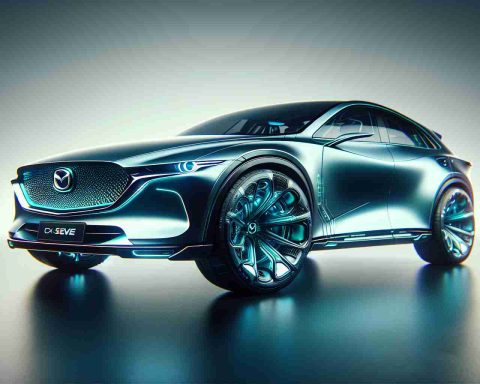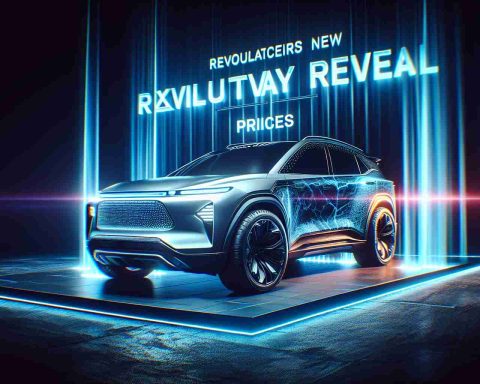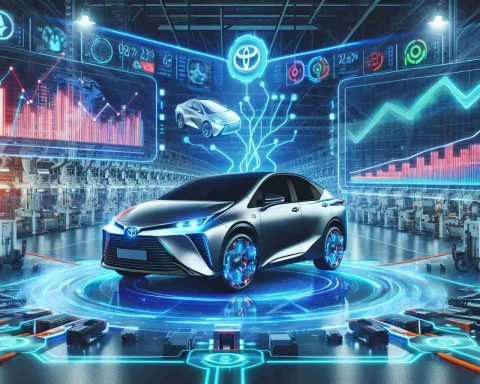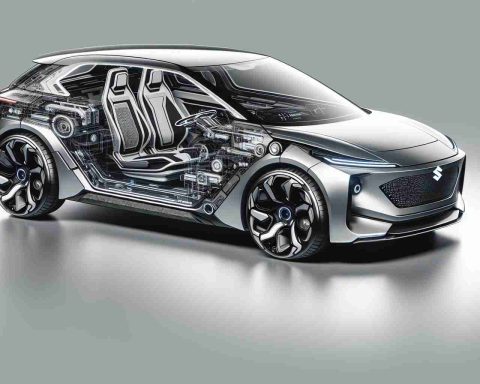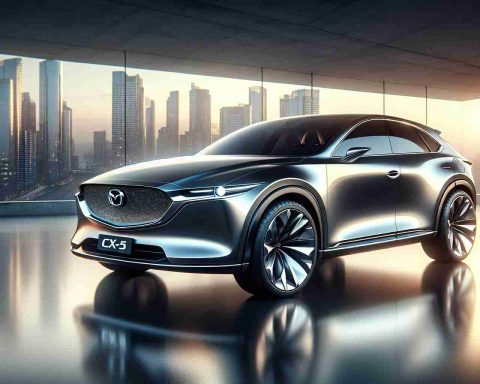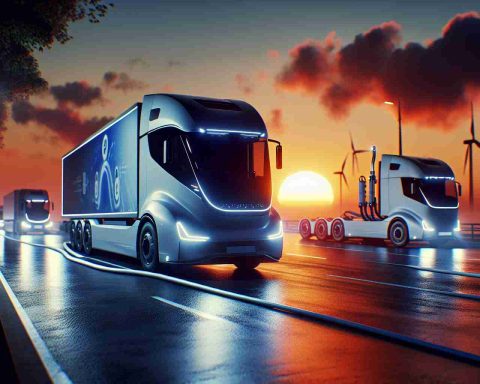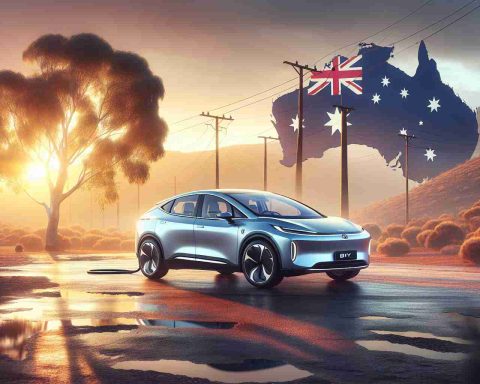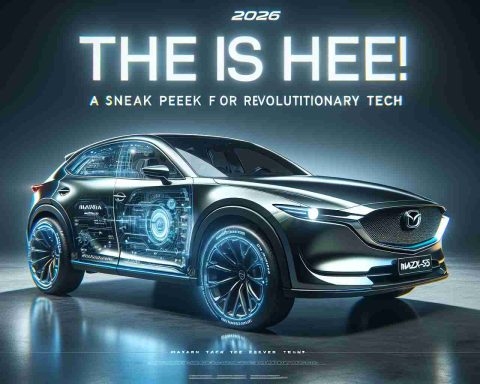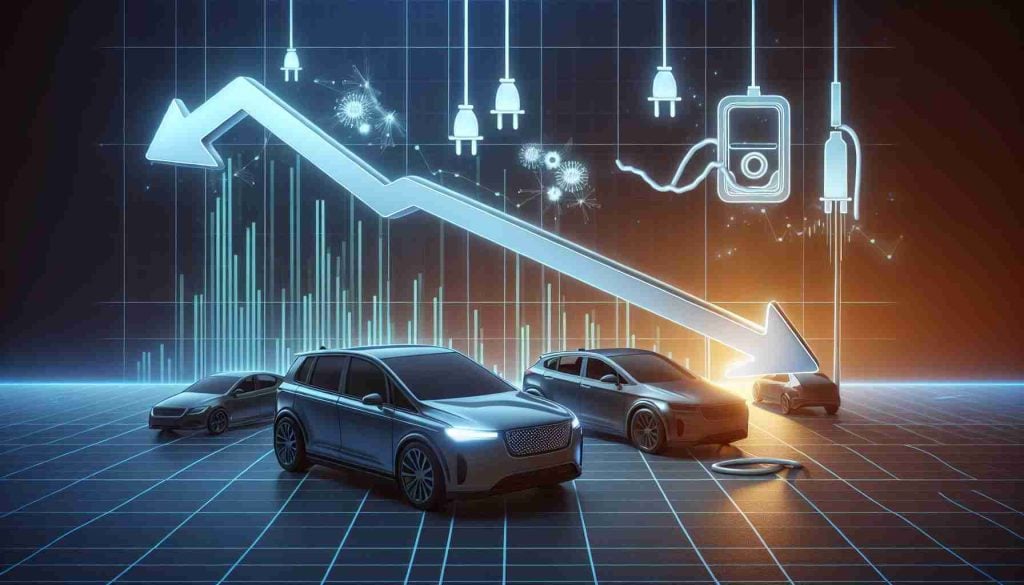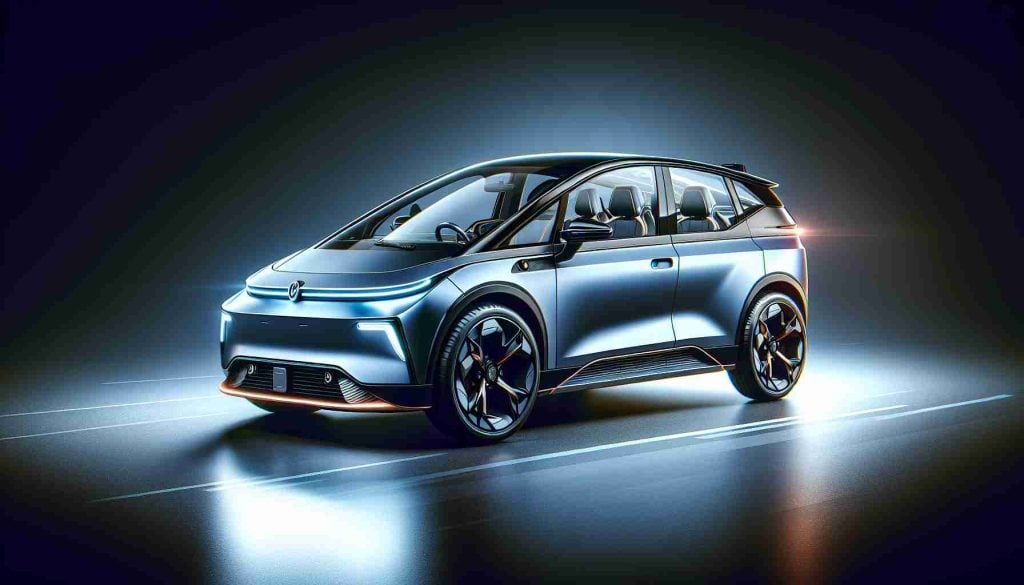- Tesla’s Full Self-Driving package faces criticism for its non-transferability to new vehicle models, stirring customer dissatisfaction.
- The shift from HW3 to HW4 hardware highlights the challenges Tesla owners face when their $15,000 investment becomes outdated.
- Limited-time transfer opportunities, intended to boost demand, exacerbate customer frustration by prioritizing sales over satisfaction.
- The issue underscores broader concerns about digital ownership and adaptability in advancing technological fields.
- Tesla’s rigid policies could push loyal customers towards competitors offering more flexible solutions.
- Meeting evolving consumer expectations is vital for maintaining Tesla’s market position and advancing the widespread adoption of electric and autonomous vehicles.
Tesla’s much-vaunted Full Self-Driving (FSD) package, a beacon of autonomous driving innovation, now finds itself at the center of a brewing storm. The crux of the discontent? A rigid policy that bars the transfer of the FSD package to newer vehicle models. This has left many dedicated Tesla owners questioning their investment in a tech-laden future that now feels increasingly out of reach.
With the shift from HW3 to the cutting-edge HW4 hardware, Tesla enthusiasts who shelled out a hefty $15,000 for the promise of self-navigating roads now find themselves caught in a technological crossfire. New advancements favor HW4-equipped cars, leaving HW3 users trailing in a cloud of digital dust. The inability to transfer this significant investment when upgrading their vehicle is a sticking point that ties their hands and subdues the once joyful anticipation of evolving technology.
Tesla’s strategy, utilizing limited-time transfer windows during strategic peaks in demand, has further fueled frustration. Many see this move as prioritizing sales volumes over consumer satisfaction, turning what should have been a seamless upgrade path into a road riddled with potholes of disappointment.
This scenario illuminates broader issues – the evolving dynamics of consumer expectations around digital ownership and the right to adapt to new technological landscapes. As competitors offer more flexible and user-friendly policies, Tesla risks driving its loyal customer base into the arms of rivals who promise greater adaptability.
Amidst global efforts to revolutionize urban transport, Tesla’s steadfast stance on non-transferability could hinder not just their own market position but potentially stall the wider adoption of electric and autonomous vehicles. Meeting evolving consumer demands now could be the key to shaping the future trajectory of not just Tesla, but the entire automotive landscape.
Tesla’s FSD Drama: What Buyers Need To Know Now!
Tesla’s FSD Transfer Controversy: Key Questions and Insights
Tesla’s Full Self-Driving (FSD) package has become a hot topic as customers grapple with its non-transferable policy. Here, we explore critical questions surrounding this issue, offering insights into its impact on consumers and the broader automotive industry.
1. What Are the Pros and Cons of Tesla’s FSD Package?
Pros:
– Innovation Leaders: As one of the frontrunners in autonomous driving technology, Tesla’s FSD package offers a glimpse into the future of self-driving cars.
– Continuous Updates: Tesla regularly updates its software, enhancing features over time and adding new functionalities.
– Increased Safety Features: When working as intended, FSD can significantly enhance safety through adaptive cruise control, lane detection, and automatic braking.
Cons:
– Non-transferability: Once purchased, the FSD package is tied to the specific vehicle, causing inconvenience and financial loss when upgrading cars.
– High Initial Cost: At $15,000, the package is a hefty investment that might not offer immediate practical returns for every consumer.
– Performance Issues: There are ongoing challenges in achieving true full autonomy, leading to potential safety risks and driver dissatisfaction.
2. How Does Tesla’s Policy Compare to Competitors?
– Flexibility in Ownership: Many competing brands have begun offering more flexible digital features and software upgrade policies, allowing users to transfer services across models or lengthen the utility lifespan through subscription models.
– Consumer-Centric Policies: Companies like Mercedes-Benz and Waymo focus on adaptive features that upgrade with the user, decreasing the sense of financial confinement.
This comparison highlights a potential risk for Tesla. Maintaining rigidity could negatively impact consumer loyalty as buyers opt for brands prioritizing adaptable, long-term user relationships.
3. Could Tesla’s FSD Strategy Hinder its Market Position?
– Competition’s Rise: As Tesla’s FSD transfer restrictions become widely criticized, competitor brands could capitalize, offering solutions where Tesla falls short.
– Consumer Expectations: Rising consumer expectations for digital ownership might drive potential buyers towards alternatives fostering more accommodating ecosystems.
Predictions and Considerations:
Tesla may need to reconsider its strategies to retain its market lead. Shifting to a more consumer-friendly approach regarding digital assets would likely improve consumer trust and market positioning in the rapidly evolving automotive world.
For further insights into Tesla’s strategies and developments, visit Tesla. For comparisons with competitors, check out Mercedes-Benz and Waymo.

